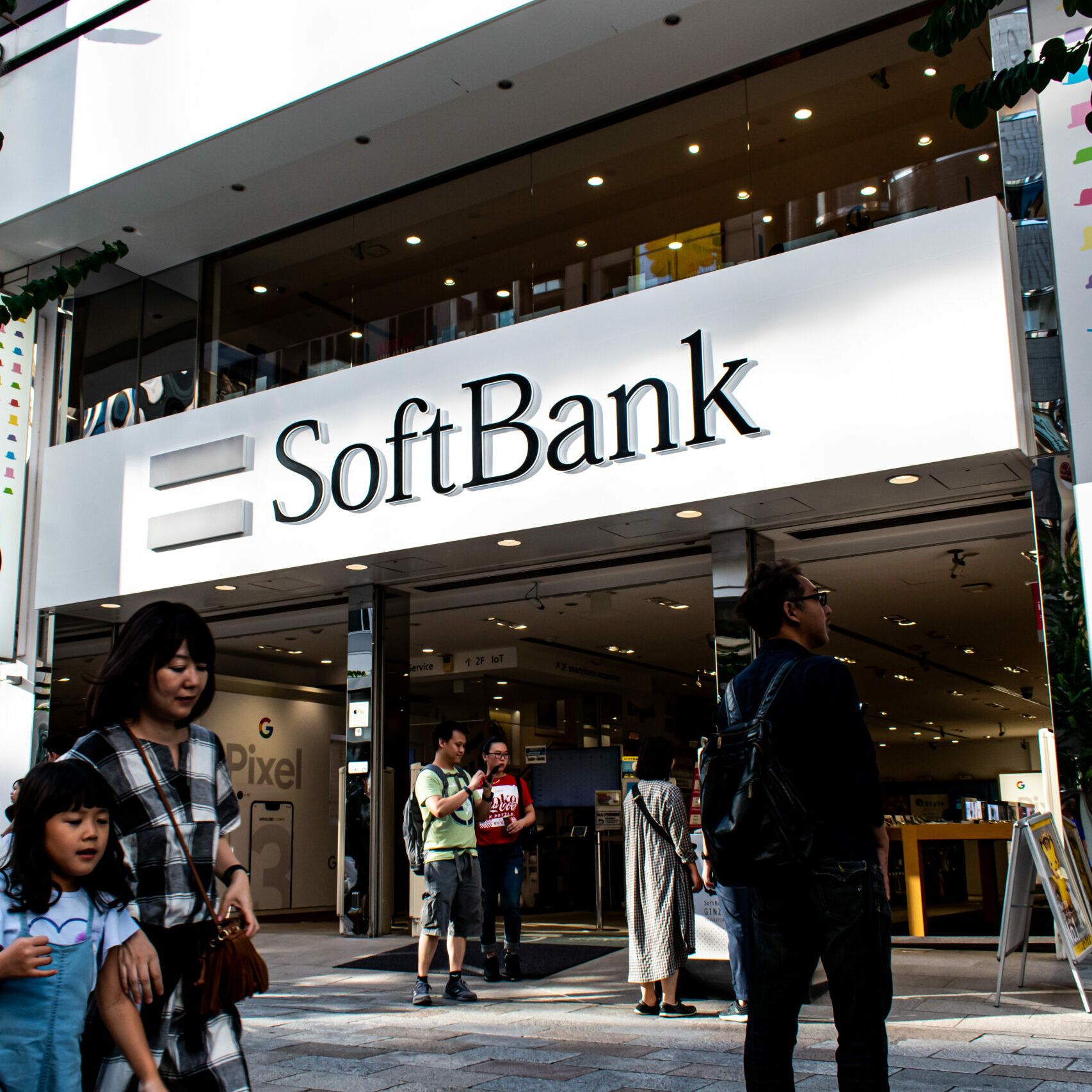With a predicted USD275 billion of investment expected from US wireless providers over the next few years, not to mention up to three million new jobs and an annual USD500 billion GDP boost for the US economy, it’s no wonder that 5G is being a dubbed truly transformative technology. And as James Williams finds out, private equity investors are keen to help finance the revolution…
With a predicted USD275 billion of investment expected from US wireless providers over the next few years, not to mention up to three million new jobs and an annual USD500 billion GDP boost for the US economy, it’s no wonder that 5G is being a dubbed truly transformative technology. And as James Williams finds out, private equity investors are keen to help finance the revolution…
Yesterday, as I prepared my notes on 5G and why Brightstar Capital Partners, and other private equity groups, are so excited by it, I stumbled upon the latest Glenn Beck podcast on YouTube, featuring Jeff Brown, the angel high-technology investor, editor of The Bleeding Edge and Purdue alumnus. “This is genuinely the first revolutionary wireless technology the world has seen since the first generation,” he states nine minutes in to the podcast. What continues is an engaging discussion on all things 5G and AI.
This next revolution in wireless telecommunications is set to bring about tremendous change and will create the technological nervous system needed for global smart cities to function and thrive. Something that PE groups like Brightstar are all too aware of as they seek out mid-market bolt-on acquisition opportunities for their portfolio companies.
“To frame the opportunity for 5G, both myself and Brightstar Capital Partners are incredibly excited about what we believe is truly a revolution that is going to affect every corner of our country, and frankly the world,” says Andrew Weinberg, Brightstar’s Founder and Managing Partner. “5G will be transformative, it will make our lives better, our communities safer and our nation arguably more prosperous.”
In terms of the deployment of 5G, a recent study by Accenture Strategy projected USD275 billion investment from US wireless providers over the next few years, potentially creating up to three million new jobs and an annual GDP boost of USD500 billion.
“I can’t think of too many other comparative events that have had, or could have, this profound of an impact on the US and the world,” asserts Weinberg, who adds: “We are in the first inning or two of what should be a very long ball game. From a consumer perspective, we have not yet seen the rapid deployment of 5G-enabled mobile phones, which we are likely to see in 2020 and beyond.”
For PE investors, tower companies could present an interesting investment play given that the density of cell coverage will need to increase because of the higher frequency wavelengths used by 5G. There are currently around 350,000 cell sites in the US, which roughly represents one cell site for every five square miles. A similar number of wireless towers exist in Europe.
In a recent research note, Emmet Kelly, Head of European Telecoms Research at Morgan Stanley wrote that this number is expected to increase to 450,000 sites by 2025.
He says that mobile network operators (MNOs) still own 80 per cent of European towers, equating to around 300,000 sites, worth EUR75 billion. Given that MNOs are trading at 7X EBITDA, compared to the tower companies, which are trading at 22X EBITDA.
PE investors might pay heed to this as in Kelly’s view, MNOs might consider sales to independent TowerCos or private equity, and “use sales proceeds to de-lever their balance sheets, fund 5G networks, or complete share buybacks”.
Back to the US, and the 5G revolution taking place could arguably be the greatest infrastructure project in the country’s history.
“If we compare it in terms of infrastructure needs, the highway spend over 40 years or so was about USD130 billion to build 43,000 miles of highways across the country; that is approximately half the amount telecom operators are expecting to spend on 5G, which is why we see a tremendous amount of opportunity for Brightstar, as well as many of our peers,” says Weinberg.
The market for supporting the development of 5G and the businesses that will be enabled by the deployment of 5G is more significant than any prior deployment of technology in this sector and will impact industries from healthcare to utilities, to education, public safety and so on.
Brightstar currently owns two portfolio companies that are focused on 5G infrastructure; Qualtek and Global Resale.
Qualtek provides engineering, installation, fulfillment and program management for the North American telecoms sector and recently acquired Vinculums Services, LLC. Vinculums is a leading infrastructure service provider for wireless operators on the US Western flank, specialising in program management, site acquisition, construction, transport, and small cell solutions.
“Qualtek has established itself with more 6,000 people in 100 locations globally to support the leading players in terms of deploying 5G from both an engineering perspective and a deployment perspective,” explains Weinberg.
“There are a number of cities at the front line of deploying 5G such as Sacramento, Houston, Denver and Indianapolis. And we expect that to continue in every metropolitan area as well as at the same time be able to deliver 5G to rural parts of the US that have largely been left behind in prior technology upgrades.
“Global Resale is managing the reverse logistics of devices that are connected to the world of 5G. As a comparative measure, there were approximately 20 to 22 billion connected devices in 2018 globally. By 2030, we expect there to be 50 billion connect devices, used not only by human beings but machines in the Internet of Things as our smart cities evolve.”
Brightstar is taking a front seat in support of the 5G revolution through these portfolio companies. It will continue to seek out family-owned businesses in the US, who are the backbone of the economy, “where we think we can make a real difference”.
To that end, bolt-on acquisitions such as the Vinculums deal will be a key part of Brightstar’s growth strategy for the portfolio.
“Add-on acquisitions are for us a means to deliver a better solution for the end customers and at the same time provide expertise to support them and attract and retain talent in a very competitive market. We believe there are a lot of hidden gems out there that will make a lot of sense to be partnered with our portfolio companies.
“We have acquired close to 10 companies already for Qualtek over the course of our partnership with the management team. We’ve also had a number of good dialogues around Global Resale because of the complexity of the supply chain, and the increase in regulations around devices that have memory. We are positioning ourselves as a partner of choice for companies as they grow, through our relationships with Global Resale and Qualtek,” outlines Weinberg.
The 5G revolution offers huge potential for mid-market PE players to partner with family-owned businesses as they seek ways to increase revenues and create new jobs in this brave new world. On the corporate side, MNOs could also offer investors the opportunity to acquire TowerCos, as we enter the next phase of cell site development.
“I’m personally very excited about how the world will change in a positive way with 5G and I’m equally as excited for the family-owned businesses and entrepreneurs we’ve met, and partnered with, to help this revolution. This is a global story; it’s not just a US phenomenon,” concludes Weinberg.






